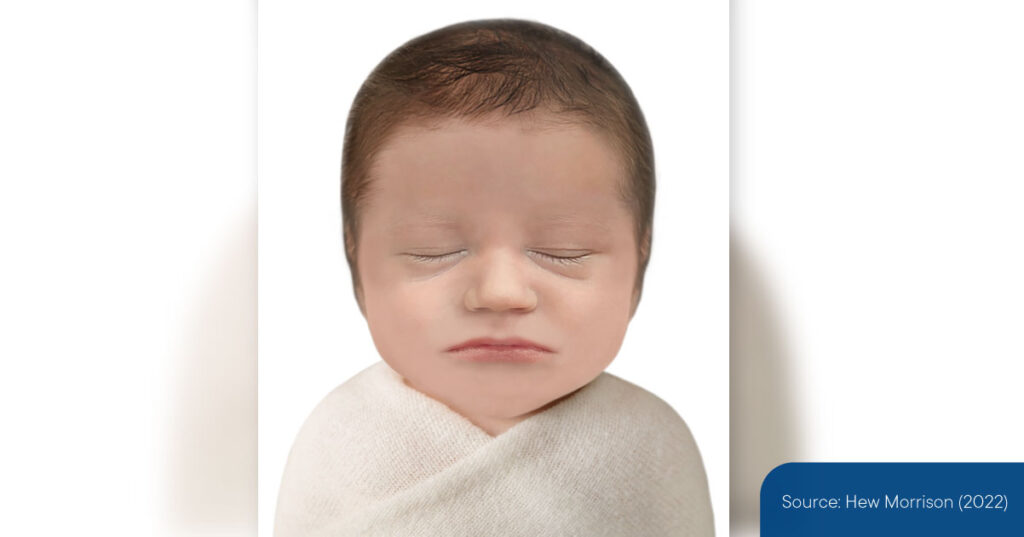On February 18th, the International Cold Case Analysis Project (ICCAP) will be featured on ZDF, Germany’s national public television broadcaster. The documentary will showcase the efforts of the students from the Police Academy of Lower Saxony and universities and colleges from Great Britain, Australia, France, Croatia and Germany and the responsible investigators to find new clues in two German cold cases.
The Police Academy of Lower Saxony has been supporting the police in the analysis of unsolved homicides and missing persons cases within its national cold case project since 2014. In 2020, the International Cold Case Project (ICCAP) was launched in cooperation with AMBER Alert Europe and Locate International. Besides enabling young police officers and students to establish a close link between theory and practice in cold cases, the participants ultimately aim to help families across Europe to find closure after the disappearance of a loved one.
Recently, this globally unique project was also covered in the news in connection with the homicide of an unknown body from the North Sea which was found in 1994. Because of the victim’s clothing and appearance, the case was dubbed “the Gentleman”.
ICCAP students assist the police in two cases: a missing person case and neonaticide
In 2022, students from the Lower Saxony Police Academy and the participating partner universities and colleges from Great Britain, Australia, France, Croatia and Germany analysed the missing person case of Nancy Köhn (2009) and the homicide of a newborn baby (2014) for the Lower Saxony police.
Nancy Köhn went missing from her residence located in the Cuxhaven district, and the circumstances surrounding her disappearance remain unexplained to this day. The case was studied by 38 students from seven universities across four countries.
In 2014, the lifeless body of an infant was discovered in a restroom at a rest stop on the A1 in Bakum. The child was later named Johannes Gethsemane and was laid to rest in a nearby cemetery. Along with three other cases of neonaticide, this case was analysed by 31 students from 11 universities across four countries. The findings of their investigation were compiled into a report, which was prepared with the support of Maureen Taylor from Glasgow Caledonian University, one of the ICCAP partner universities.

According to Karsten Bettels, the leader of the ICCAP course, the objective for Johannes Gethsemane’s case was to analyse the feasibility of contemporary forensic and criminal investigation techniques and generate ideas that could be observed in similar cases today. As part of this effort, Scottish forensic imaging expert Hew Morrison created a facial reconstruction of the infant, which was presented on television to directly address the birth mother and those around her.
The documentary about ICCAP will be broadcasted on ZDF on February 18th.
